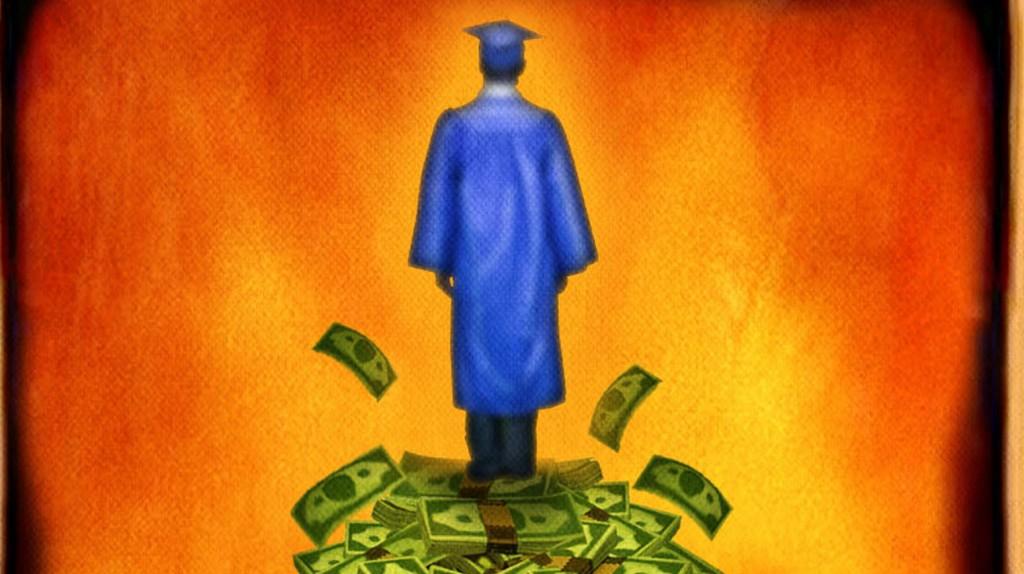
Americans, it’s time to rejoice. The raucous storm clouds of our nation’s debt crisis have passed, the thunderous political rhetoric surrounding the proverbial debt ceiling has quieted and, after a long, vicious rumbling of the U.S. economy and stock exchange, a deal has finally been struck.
But let’s not count ourselves lucky just yet. Those of us still attending college have another storm to weather: the unfortunate implications the debt ceiling’s “deal” has for low-income students. And our politicians’ heads are so firmly stuck in the clouds there may be nothing we can do about it.
Graduate and professional students are the first to take a hit. New provisions of the debt ceiling deal make subsidized loans for graduate and professional students a thing of the past. Unsubsidized loans will still be available, but at a much higher interest rate than their non-governmental counterparts. The pink, porcelain corpses of piggybanks may soon litter campuses nationwide. According to some economists, this change will account for nearly 20 percent more debt for post-undergraduate students.
Students receiving Pell Grants may too soon feel the sting of the debt ceiling deal. Though the aforementioned cutting of subsidized loans for graduate students helps fund the grant, an estimated $1 billion deficit still looms ahead of the Pell Grant program next academic year. This could mean a few things for students receiving the grant, and none of them pretty: Stricter standards for eligibility and a further capping of the amount dispersed are both viable options. But given the fact tuition has increased an average of 12 percent every year at San Diego State alone, either of those options could be devastating.
It’s been a dark few years for those pursuing collegiate education. Slowly but surely, incentives for going to college have been disappearing. The ever-increasing (and outrageous) price of textbooks and tuition already exceed annual inflation. The average amount of debt students accumulate has increased to nearly $24,000, all while average first-job salaries have been steadily decreasing.
Lawmakers, by targeting education, you’re hurting our country where it counts most: our future. Putting our students into debt — because of your own overspending, I might add — severely limits the potential those students would have for our nation. We should be encouraging students to pursue higher education, not wringing out their pockets for their want to succeed. I’m not suggesting we shouldn’t charge students for graduate school. But accruing small mountains of debt shouldn’t be a cornerstone of one’s experience with post-baccalaureate education.
It’s sad we’ve seen such repeated abuse of the educational system (and economy in general) by the very same we’ve picked to represent our interests and welfare. We’ve had enough wasteful spending and political rhetoric. It’s time we gave the future of this great nation a chance to be successful.







